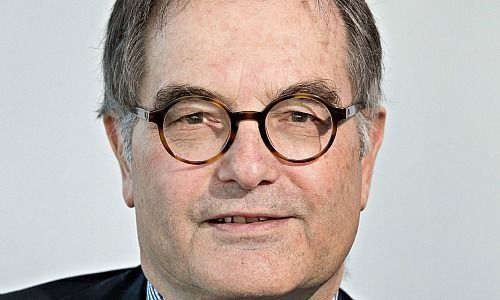Former UBS Chairman Peter Kurer: «Bailout Was Unnecessary»
The bailout of UBS in 2008 was unnecessary, says Peter Kurer, who was chairman of Switzerland’s largest bank at the time. Not all agree with his assessment though.
The Swiss National Bank (SNB) and the Federal Banking Commission in October 2008 forced UBS to accept a bailout by the state, against the wishes of the management. Peter Kurer, who had been chairman of UBS in 2008, told «NZZ am Sonntag» (behind paywall) that they had been very forceful in presenting a bailout as the sole option for the bank.
The chairman and his CEO, Marcel Rohner, had been asked to attend a meeting on a Sunday morning at the end of September 2008. The meeting had taken place at the apartment of Philipp Hildebrand, a member of the SNB’s directorate. Thomas Jordan, a fellow director at the central bank as well as Eugen Haltiner and Daniel Zuberbuehler, both banking commission members, were also present at the meeting.
The representatives of the bank said that they had everything under control and that the liquidity was sufficient. The SNB and banking commission members by contrast had warned that the credit worthiness of the bank was about to be tested.
The Weakest Link
After the breakdown of Lehman Brothers, UBS was considered the weakest link. Big banks such as J.P. Morgan had begun putting UBS to the test by removing liquidity, according to Kurer. They suddenly said that they wouldn’t extend a loan, demanding the repayment of $2 billion, he added.
Eventually and under the lead of Hildebrand, the bailout plan was implemented. The SNB set up a stability fund with the toxic securities of some 39 billion Swiss francs ($40.2 billion). The government injected 6 billion francs into the bank.
Low Point Was Reached Later
UBS would have pulled through even without the injection from the state, Kurer said. Oswald Gruebel, who later took over at the bank, even accused him of having lost his nerves, he added.
Zuberbuehler, the former head of the banking commission, disagrees with Kurer’s account of events. He says that the markets had continued to slip, even after the bailout and that the UBS share price had reached the low point of less than 9 francs in March 2009.

























